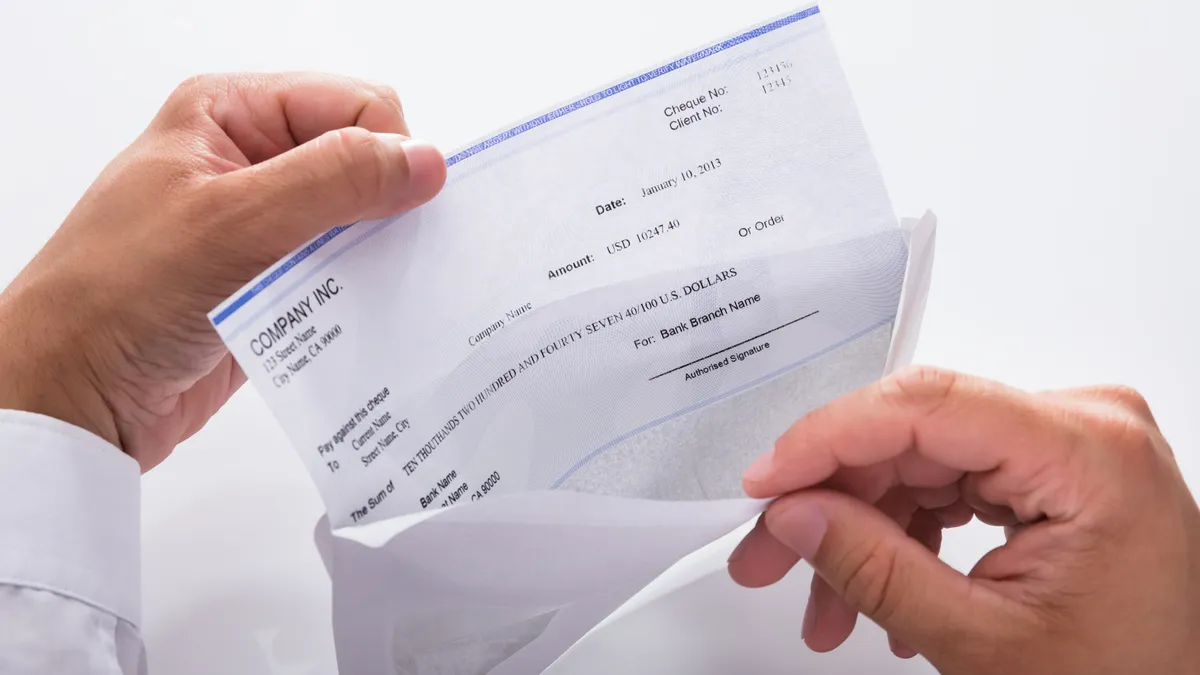When Accelerate Diagnostics last week filed a $150 million shelf registration with the Securities and Exchange Commission (SEC) to signal a possible future share offering, it was one of almost 60 companies to do so in just the first month of the year — the highest in a decade.
Should companies continue to make filings at the same rate as in January, this year could turn out to be record-setting for the tactic. The strategy gives companies the flexibility to raise capital quickly through a stock offering, but without the obligation to actually do so, should they decide the market's not right.
It's a great way "to access the markets rapidly to take advantage of ... conditions with minimal administrative paperwork," Yashe Malde of investment research platform Business Quant said.
High stock valuations and the need for cash are driving the trend. Last year, with the exception of companies in hard-hit sectors including retail and restaurants, stock valuations, after a temporary dip, remained relatively strong, particularly for technology, healthcare and durable-goods companies.
Uncertainty regarding the length and severity of the pandemic also drove a record number of companies to position themselves to raise capital.
Almost 850 companies last year filed shelf registrations, a jump of almost 40% from 2019, according to Audit Analytics data. This year, the almost 60 registrations filed in January represent a 44% jump from the same time last year. More companies could jump on the trend if stock valuations stay high.
Right time to file
In Accelerate Diagnostic's case, the Tucson, Arizona-based company boasted some good news in the third quarter last year when it entered into a partnership with a company called BioCheck to offer an FDA-approved rapid COVID-19 antibody test.
In its preliminary end-of-year earnings report, the company was on track to post more than $11 million in revenue, up from just over $9 million the previous year, and close the year with about $100 million in cash.
"We were pleased with the improvement in our go-live execution over the course of the year, which drove a material increase in our live instruments in the fourth quarter and contributed to a 63% increase in our revenue-generating installed base in 2020," Jack Phillips, the company's CEO, said in the earnings release.
In its January 27 shelf filing, the company sought the flexibility to raise up to $150 million, according to the S-3 form. It paid a modest $16,365 to file with the SEC.
As is common with these filings, the company didn't specify what it would use the money for, or even if it would go to market with an offering, since flexibility is the hallmark of the tactic.
"The shelf offering filing gives the company the right to control the process," Malde said.
The SEC gives companies three years to decide what to do. If they don't do anything after that period, they can roll the filing over.
For the typical company, the question isn't whether to go to market but rather when, and for how much, and whether to go for the full amount or space offerings out over time. And it's not just stock offerings. In a mixed offering, the company can also issue securities for options, warrants, rights and convertible bonds.
Eased filing
However companies do it, administrative costs are kept to a minimum. Instead of having to file all of the documents accompanying the S-1, which is required when the company initially goes public, they can just reference these documents, making the exercise relatively paperwork friendly.
"Form S-3 requires the disclosure of less information, which can lower the costs and time associated with the preparation of the registration statement," said Kenneth Bart, an attorney with Ward and Smith.
The tactic comes without a downside, though. Investors often view a filing as a negative, a sign that the company needs money and that, as with any offering, investor dilution is around the corner.
Scott Haralson, CFO of Spirit Airlines, a company hit hard by the pandemic-related drop in travel and that had filed a shelf registration in 2018, faced the dilution question when the company went to market to raise capital last year, as the scope of the pandemic was coming clear.
"It [was] dilutive to the shareholder, which we thought long and hard about," Haralson said of the stock offering. "We made sure we had enough capital to succeed, and come out of this with a healthy balance sheet... That was a tough pill to swallow, [but] at the end of the day, it was the right thing to do."
Because of the potential for a negative assessment, it's not uncommon for share prices to drop after a shelf filing, and that's what happened in Accelerated Diagnostic's case. Its price per share dropped from $15 on January 27 to $10.33 the next day. It's been climbing back up since, reaching $12.19 on February 5.
But the negative hit could be viewed as a small price to pay for the flexibility it gives companies to act quickly down the road as the market becomes favorable.




















